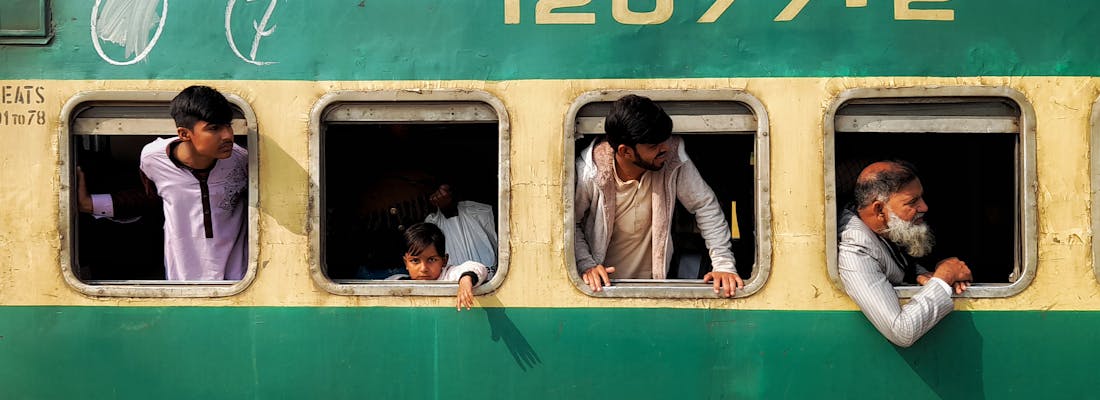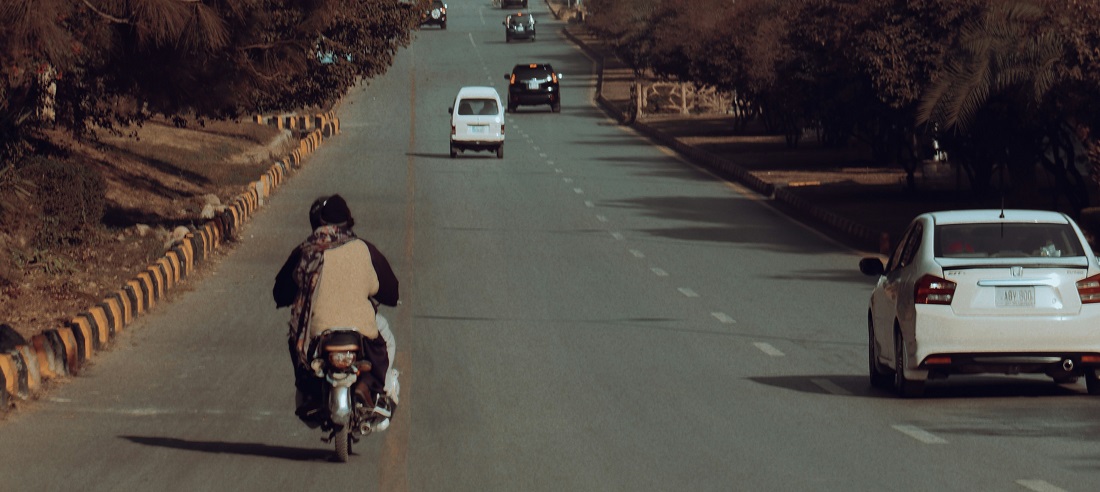Working in Pakistan has become a fruitful experience for many expats as the country has experienced an impressive economic boom, and it looks to become a major Asian investment hub in the future. Karachi is Pakistan's most prosperous city and is the country's financial hub.
With the presence of many foreign companies, Karachi offers some excellent career prospects for expats. As Pakistan's capital and diplomatic heart, Islamabad is where expats relocated by their own national governments or international NGOs will likely be based.
With factors like nepotism and corruption remaining a constant in Pakistan, finding a job can be a difficult process. Many of the local workers in Pakistan rely on social connections and who they know rather than experience, talent or qualifications.
Expats will be pleased to know that salaries will provide a good standard of living, as the cost of living in Pakistan is incredibly low. Expats will need the correct visa and work permit to work in Pakistan and will not be eligible for these documents unless they have already secured work with a local employer.
Job market in Pakistan

The economy of Pakistan is semi-industrialised, with the Indus River at the forefront of its growth. Urban areas such as Islamabad, Karachi and Lahore are also economic centres for the country. The main industries in Pakistan are construction, electricity, textile manufacturing, food processing and technology.
Expats with skills in any of the above industries shouldn't struggle too much to find a job. As the fastest growing sector in Pakistan, expats working in IT in particular will certainly have plenty of options available to them. The banking, finance and healthcare professions are also growing in popularity in Pakistan.
Finding a job in Pakistan
Most expats living in Pakistan move to the country with a job in hand. Those working for a prominent international company or at a diplomatic mission will likely have healthcare, visa processing and finding accommodation, all taken care of by their employer.
For those who haven't secured a job offer before relocation, it is essential to note that networking and word-of-mouth references form the basis of the employment procedure in Pakistan. Expats can also use both online job portals or expat social media groups to find vacancies in Pakistan.
Useful links
- Rozee is one of the biggest job portals in Pakistan, offering a wide range of vacancies across different sectors.
- New arrivals to the country can also try out social media groups such as Expats in Pakistan and Expats in Islamabad.
Work culture in Pakistan

In some ways, Pakistani work culture can be quite conservative and formal. Hierarchy is highly valued, and one is expected to display respect toward seniors in the workplace. Contact between the sexes is limited, and men still hold most positions of power.
On the other hand, networking and relationship building is essential in the workplace. Expats should try to engage in small talk and get to know colleagues on a personal level before getting down to business. Although Urdu is the official language of Pakistan, English is most commonly spoken in the workplace, and most Pakistanis speak English fluently.






